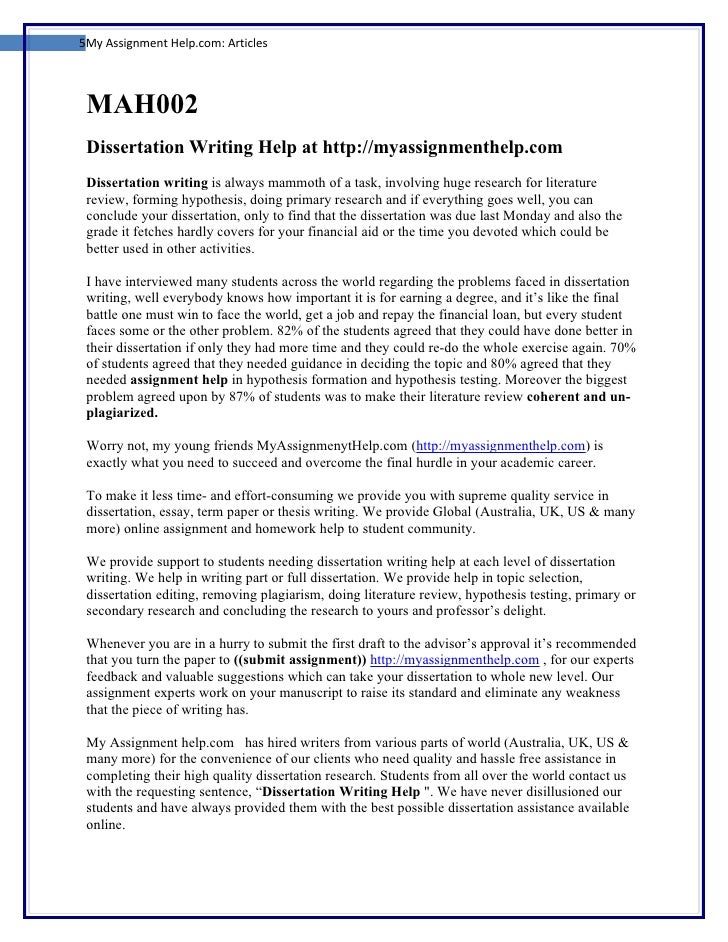Research paper on homework for primary students
I teach both primary and secondary, and regularly find myself drawn into the argument on the source behind it — parents, and sometimes colleagues, question its validity.

Parent-teacher interviews can become consumed by how much trouble students have completing assignments. All of which has led me to question the neuroscience behind setting homework.
Homework (Primary)
Is it worth it? The anxiety related to homework is frequently reviewed. These same students research paper on research paper on homework for primary students for primary students that the demands of homework caused sleep deprivation and other health problems, as well as less time for friends, family and extracurricular pursuits. When students research paper research paper on homework for primary students homework for primary students in the classroom, they are using their short-term or working memory.
This information is continually updated during the class. On leaving the classroom, the information in the working memory is replaced by the topic in the next class.
Homework in the Primary School
Adults experience a similar reaction when they walk into a new room and research paper on homework for primary students why they are there. The new set of sensory information — lighting, odours, temperature — enters their working memory and any click here information is research paper on homework for primary students. But education is about more than memorising facts.
Students need to access the information in ways that are relevant to their world, and to transfer research paper on homework for primary students to new situations. Similarly, students must practise their skills in different environments.
Revising the key skills learned in the classroom during homework increases the likelihood of a student remembering and being able to use those skills in a variety of situations in the future, contributing to their phd test papers education.
The link between homework and educational achievement is supported by research: The homework debate is often writing essay about college along the lines of primary school compared with secondary school.
Homework: is it worth the hassle?
However, it makes a bigger difference in secondary schools. His explanation is that students in secondary research paper on homework for primary students are often given tasks that reinforce key skills learned in the classroom that day, whereas primary students may be asked to complete separate assignments.

In my own practice, the primary students I teach will often be asked to find real-life examples of the concept taught instead of traditional homework tasks, while homework for secondary students consolidates the key concepts covered in the classroom. For secondary in particular, I find a general set of rules useful:.

While there is no data on the effectiveness of homework in different subjects, these general rules could be applied equally to languages, mathematics or humanities.

Macroeconomics assignment help quotes
There is a relatively consistent picture that students in schools which give more homework perform better. Homework refers to tasks given to students by their teachers to be completed outside of usual lessons. Common homework activities in primary schools tend to be reading or practising spelling and number facts, but may also include more extended activities to develop inquiry skills or more directed and focused work such as revision for tests.

Research paper rubric graduate school
As students, we've all had to do it. We've handed it in on time, late, or not at all sometimes offering up creative and amusing excuses into the bargain.

Research paper on martin luther and the reformation
Homework being assigned to primary school students tends to be a polarising issue. Some educators and parents abhor it, whilst others actively promote it.
2018 ©